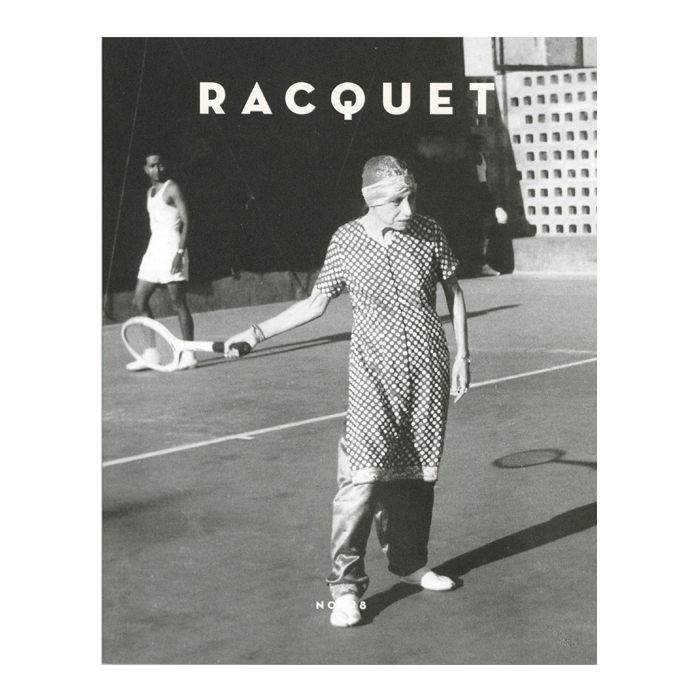By Ben Rothenberg
Ash Barty’s unexpected retirement announcement, which she posted on a Wednesday morning in Queensland, jolted the tennis world on a Tuesday night in Miami, eliciting many predictably wistful responses.
“Gutted for tennis,” wrote Andy Murray, echoing the thoughts of many who savored Barty’s commanding court craft, which had just been at its most dominant during her march to the Australian Open title in January without dropping a set, barely breaking a sweat.
It’s easy to see Barty’s exit as a loss for tennis: She is taking her name off the top rung of the ladder, after all, leaving a void when, at just 25 years old, many thought she could showcase her considerable gifts for many more years to come.
But Barty is not quitting tennis, the sport. She’s quitting tennis, the job. And the job of being a professional tennis player is hard fucking work, all-consuming, and all the harder when you are trying to maintain a spot as No. 1, where the only way to go is down.
Tennis is “a game for life,” as people inside it like to say, but a profession is a means to an end, ultimately. And Barty reached that end and is now set for life, having earned just shy of $24 million. Insatiability is the apparent driving force for the generation of Federer and Williams, but Barty is not Brady; she’s had enough.
Barty, like most top pros, didn’t go to college, but her announcement this week can be seen less as a retirement in the sense of approaching mortality—as it so often is in a capitalist context—and more as a graduation.
“I think for someone to retire at 25, I think it really speaks to the way our sport empowers women,” said Danielle Collins, who was Barty’s opponent in the Australian Open final, which now stands as the last match of her career. “I think it’s just incredible for her to have achieved what she’s achieved on the court, to now be able to enjoy the rest of her life. All the hard work—she certainly did all of that—deserves happy retirement, and hopefully she can have a great life off the court.”
“I think this sport empowers us in a way, financially, that is really unique to other sports,” Collins continued at Media Day in Miami. “We’re the highest-paid women’s sport in the world. I think everything else that we work hard for every day, what we’re able to achieve on court, I think it leads to so many great things later down the road…. It’s something to really celebrate and really acknowledge.”
We should also acknowledge what the world can look like for women not afforded such opportunity. Most strikingly at the moment, Brittney Griner, one of the world’s best female athletes in another major sport, is currently being detained in Russia after going to play there to supplement her income between comparatively paltry WNBA salaries.
Through professional tennis, Barty gained her freedom, and now she can do whatever she wants with the rest of her life, on whatever schedule she chooses.
And more than likely, she’ll choose tennis.
“I think my purpose won’t change; I just get to contribute in a different way,” Barty said in her retirement press conference with international media. “I get to contribute more on the tennis side with the younger girls, younger boys, throughout the communities, which is really exciting for me, to be able to have more time to do the stuff that I do love, see the smiles on the kids’ faces, bringing them the opportunity to play tennis. It reminds me of how it felt for me learning how to play this sport. That’s going to be a beautiful way for me to be able to contribute. I’m really excited about that.”
Above: Ash Barty Signs off (but not before winning her home Slam). (Getty)



